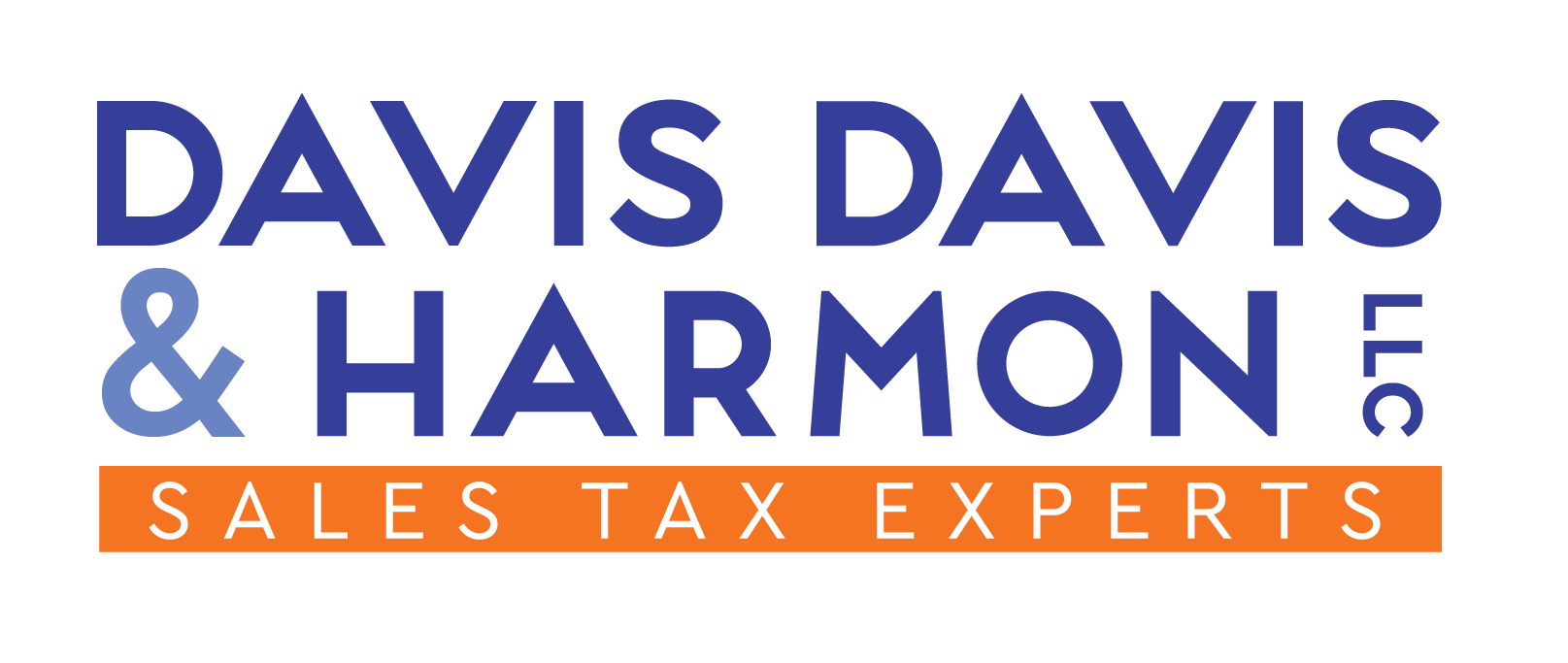Changing Transaction Thresholds in Post-Wayfair Sales Tax Collection
Five years have passed since the groundbreaking Wayfair decision by the Supreme Court, which opened the doors for states to demand remote sellers to collect and remit sales tax. Initially hailed as a revenue boon for states, the aftermath has brought various challenges and revisions to the original framework. The evolution of transaction thresholds and their impact on businesses and state revenues have taken center stage. This article delves into the shifting landscape of transaction thresholds in post-Wayfair sales tax collection.
In the wake of the Wayfair decision, states quickly established thresholds, filing requirements, and deadlines, anticipating a surge in tax revenues. These thresholds, often based on either $100,000 in sales or 200 transactions, were initially viewed as a practical way to bring remote sellers into the tax collection fold. However, as time passed, it became evident that the transaction-based thresholds offered limited economic benefits to state tax collections. The pandemic-induced e-commerce explosion temporarily boosted revenues but brought the subsequent challenges.
The reality of administrative burdens on sellers’ tiny businesses became apparent; several states began reevaluating their stance on transaction thresholds. Some states, including Wisconsin, conducted studies that revealed the minimal fiscal impact of halving their transaction thresholds. In recent times, a significant shift has been observed in this direction. South Dakota, famously at the heart of the Wayfair case, has taken the lead by eliminating its transaction-based economic nexus threshold. As of July 1, only sellers with $100,000 or more in sales to the state will be obligated to register, collect, and remit sales tax.
Joining the ranks of reform, states like California, Colorado, Iowa, Maine, North Dakota, Washington, and Wisconsin have also eliminated or reframed their transaction-based nexus thresholds. Certain states never adopted such thresholds, indicating a diverse range of approaches to sales tax collection.
While the adjustments to transaction thresholds reflect a growing awareness of the practical challenges businesses face, the costs associated with implementing and complying with these changes remain substantial. The Government Accountability Office’s 2021 report estimated national remote sales tax collections at around $30 billion. However, this revenue has come with a price. Businesses have reported incurring expenses related to software upgrades, increased tax jurisdiction exposure leading to audit and assessment costs, and the need to adhere to legal requirements across multiple jurisdictions.
As the landscape continues to evolve, voices have emerged advocating for more precise, standardized rules to govern sales tax requirements for businesses operating across state lines. Senator Ron Wyden, chair of the Committee on Finance, has called for Congress to intervene and provide relief to small businesses. He suggests exempting businesses below a certain revenue threshold and establishing a comprehensive framework to guide states’ demands from out-of-state businesses.
The shifting transaction threshold landscape in the post-Wayfair world highlights the ongoing efforts of states to strike a balance between revenue collection and the burdens imposed on remote sellers and tiny businesses. The elimination and adjustment of transaction-based thresholds reflect a growing understanding of the complexities involved. While challenges and costs persist, the evolution of these thresholds signals a willingness to adapt and refine sales tax collection strategies. Staying compliant requires vigilance, adaptability, and expert assistance as we navigate this ever-changing environment.
About Davis Davis & Harmon LLC – Sales Tax Experts: Headquartered in Dallas, Texas, Davis Davis & Harmon LLC – Sales Tax Experts specializes in sales/use tax refund recovery and audit defense. Our team of consultants is comprised of former Big 4 sales tax consultants and state sales tax auditors. Each of our consultants has 15 to 20 years of experience, providing our clients with access to a highly specialized team of sales/use tax professionals. At Davis Davis & Harmon, LLC, we are committed to maintaining the highest standards in our talent pool. We work hard to meet our clients’ needs by ensuring that you view our firm as an extension of your company and a member of your team.
